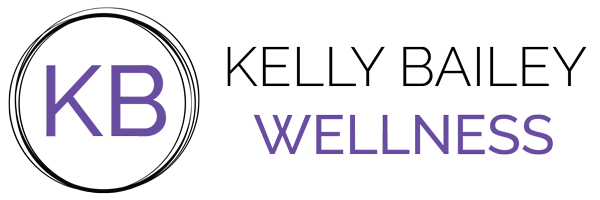Don't Diet in 2019: Reason #19: Diets don't address WHY we overeat
Just because a diet says “don’t eat donuts”, doesn’t mean you won’t eat donuts.
What happens when you’ve “run out” of points, grams of carbs, or calories for the day…but you’re still ravenously hungry? Are you going to white-knuckle it through the hunger until the next day? And how many days will you be able to do this before you dive head-first into a bag of Doritos? What if you have calories or points left over for the day, but you’re NOT hungry? Will you feel compelled to eat the rest of your allotment just because you can?
Diets tell you what, when, and how much to eat with little regard for your body’s signals and natural rhythms. I understand that a diet can provide a feeling of “safety” by providing structure. But the fact of the matter is that diets don’t help you discover why you crave foods, or why you want to eat when you’re not hungry, or why you can’t stop eating even when you’re full, or why certain foods make you feel like crap, or why sometimes you’re not hungry and other times you’re absolutely ravenous.
There are so many reasons people overeat and gain weight, and diets don’t address the very complex emotional and psychological aspects of our relationship with food and our bodies. In fact, diets are often the very cause of overeating! Case in point: talk to a few people who have completed the very-popular Whole 30 diet…which is a very healthy, but also extremely restrictive diet…ask them what happens on day 31.
What you should do instead…
Anti-Diet Wisdom: For several days, keep a log that tracks the following: when, what, and how much you eat, how hungry you were when you started eating, and how full you were when you stopped, and how you feel before, during, and after eating it. You don’t need to be exact or weigh and measure food or track calories and macros. You don’t need to feel guilty about writing down that you ate five brownies or feel proud that you ate a salad with fat-free dressing. This type of tracking has nothing to do with trying to limit your intake or make you feel bad about what you’re eating, so try not to judge while you do this! This exercise is specifically meant to connect your feelings and emotions with your eating behavior. You might be surprised at what you find.
The activity above is just one of the “experiments” I ask my girls to do in my UnCaged Online Intuitive Eating course. If you need help and want to gain clarity and confidence with food and your body, consider joining us on a transformational 12-week journey! The next round begins on January 1st! Click here for more details and sign up!
Blog Author: Kelly Bailey, IIN certified holistic nutrition coach, and NPTI certified personal trainer
Learn more about the author here.

